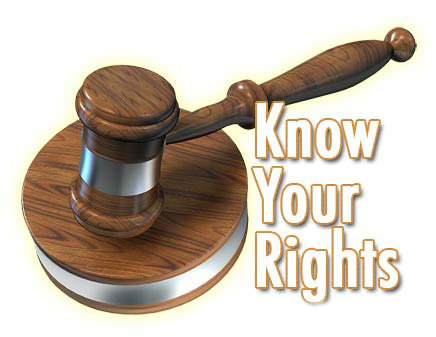Rights are broadly divided into moral and legal rights. A moral right is that which is based on the ethical code of morality of the people, that is, what we think ought to be our rights.
It extends “over the field of conduct and refers to all those actions and forbearances which it is our moral duty to perform.” But a moral right is not supported by the laws of the State.
Its sanction is the moral opinion of the community. If there is a breach of moral rights there is nothing legally to punish the recalcitrant. A claim is called a right not because it is just, but because it has been recognised by the State and can be enforced by any legal process or through the courts.
ADVERTISEMENTS:
Whenever we talk of moral rights we mean claims which can be converted into rights only when they have been recognised by the State.
Moral claims even when designated as moral rights still lack the force to be enforced. It is my moral duty to help the poor, the needy, and the sick, because as a moral agent of society I must try to create conditions which may contribute to the social good.
But if I fail in my moral duty, laws of the State do not take cognizance of it. It must, however, be remembered that a moral right has a moral reference with it. It is recognised and sanctioned by society.
ADVERTISEMENTS:
What is recognised and sanctioned by society must be sanctioned by laws of the State. No State, if it really does serve its purpose, can long afford to ignore things which are sanctioned by society. If it does, the citizens have a moral right to revolt against the authority of the State.
History tells us that great reformers and leaders of the community had to battle against unjust laws and traditions in order to lift men to a higher moral level. Gandhi’s mission in life was to moralise man and society and throughout his political career, first in Africa and then in India, he stood arrayed against tyranny of any kind, whether that tyranny was that of the State or of the individual.
